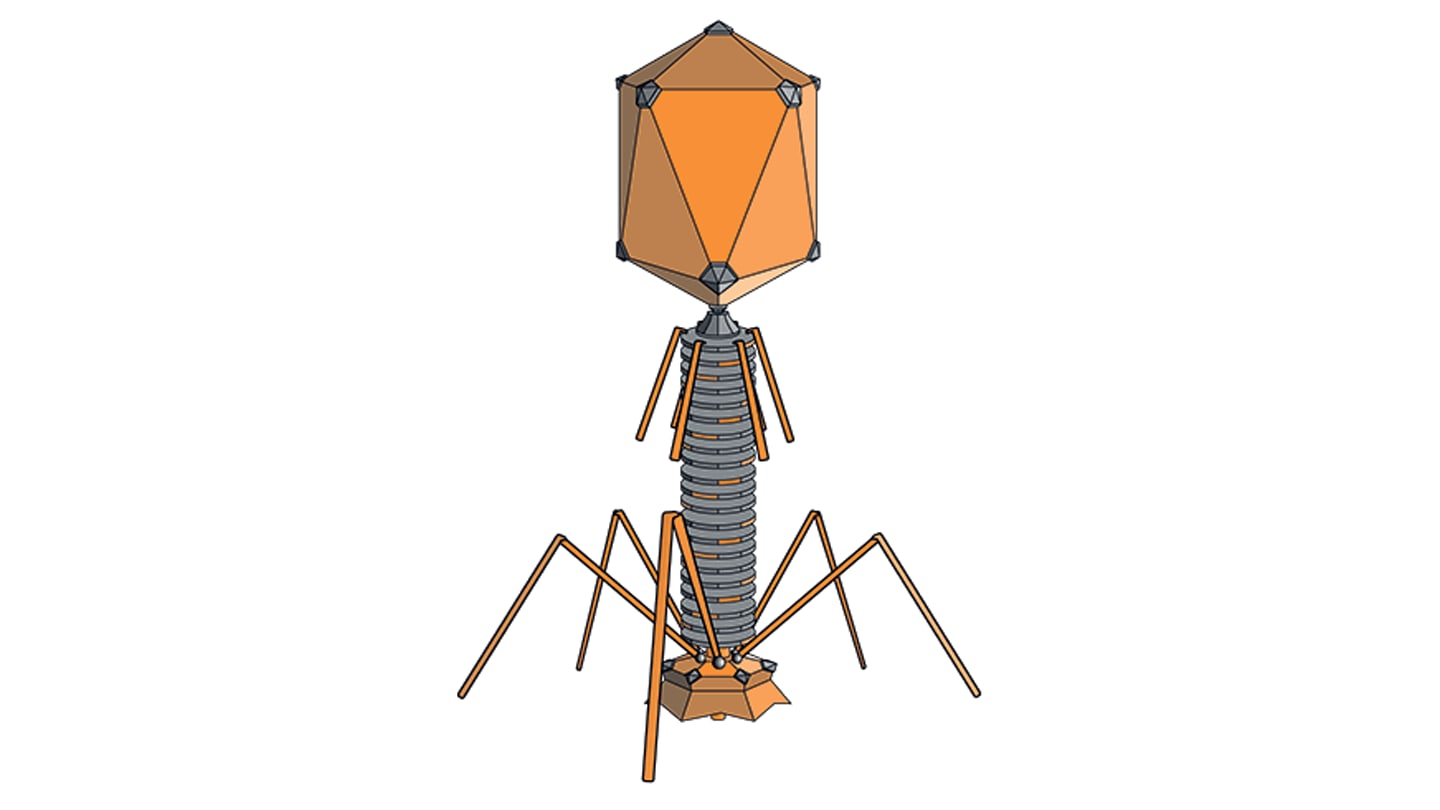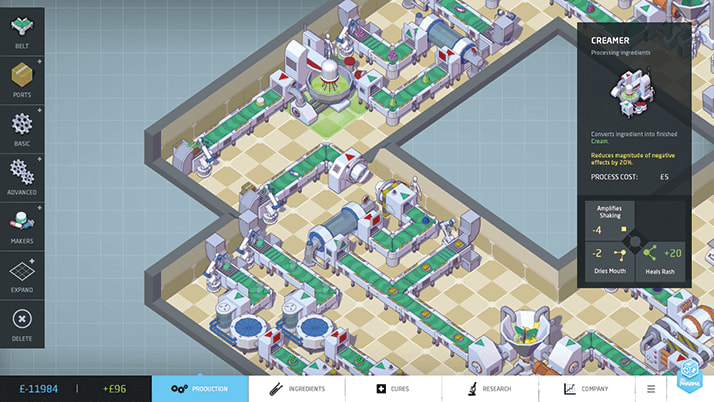When Swiss-based biopharma Debiopharm sought a strategic partnership to leverage strengths in AI for genomic medicine R&D, a partner was found where computer science and biology meet – Paris-based start-up, WhiteLab Genomics. The challenge lay in the identification of cancer-specific receptors overexpressed on cell surfaces, and the discovery of lead candidates that can bind to these receptors. The solution, according to WhiteLabs Co-Founder and Chief of Staff Lucia Cinque, is to attach these agents to lipid nanoparticles (LNPs) to enhance targeted drug delivery in oncology.
LNPs are recognized for their high delivery efficacy, but often accumulate in non-target organs. AI-powered platforms now have the potential to develop in silico methods to improve the targeted delivery capabilities of LNPs, potentially transforming therapeutic applications in oncology. The partnership comes with the opportunity to validate this expertise, so we spoke with Cinque to find out how.

How can genomic medicine benefit from AI?
The complexity of genomic data, coupled with the need for optimized treatment strategies, requires powerful computational tools and analysis that AI can provide. In our case, AI enables the identification of targets, optimizing drug design, predicting treatment efficacy and safety, and accelerating the development of biotherapies. AI-driven algorithms can help in understanding complex biological interactions and enable the development of more precise therapies that are better suited to specific product target profiles.
Machine learning and generative AI can also help with identifying new biomarkers. By analyzing genetic and clinical data at scale, AI could detect cancer earlier, identify therapeutic targets, and optimize treatment regimens, ultimately improving patient outcomes and advancing precision oncology.
And what are the challenges?
Several challenges hinder the successful integration of AI in genomic medicine, including the complexity and variability of genomic data, data privacy concerns, and the need for high-quality, annotated datasets. The lack of standardization across genetic testing and clinical data creates a barrier. Overcoming these issues requires collaboration across academia, industry, and regulatory bodies, as well as ensuring robust and reliable AI algorithms. Without high-quality data, achieving successful outcomes is impossible.
Have established drug developers embraced AI?
Drug discovery is notoriously slow and high-risk. A recent BCG/Wellcome report highlights AI's potential to reduce time and costs by 25-50 percent in the critical preclinical stages, potentially accelerating and making drug development more affordable. Established drug developers are increasingly embracing AI as part of their research and development efforts. Large pharmaceutical companies including Pfizer, Sanofi, Novartis, BMS, and AstraZeneca, have all been using AI to streamline drug discovery, optimize clinical trials, and improve patient outcomes. Technology developers who market AI solutions are also seeing widespread adoption because of the potential for AI tools to reduce the time and cost associated with bringing new drugs to market.
How do partners such as Debiopharm help develop and establish the use of AI in the industry?
Debiopharm’s Innovation Fund drives the development of innovative medicines by investing in and partnering with AI and digital health companies. Collaborations with these partners help to enhance the efforts of companies at the forefront of AI as applied to health: TechBio. TechBio refers to the intersection of technology and biotechnology, where tools such as AI, machine learning, and data analytics are applied to address complex biological and medical challenges.
The adoption of AI to accelerate R&D is rapidly increasing, with numerous pharmaceutical companies strengthening their capabilities through partnerships with TechBio companies. For example, in addition to collaborating with Debiopharm, we are also working with other organizations including Sanofi, Siren Biotechnology, Nantes University, among others, to drive these advancements.
What do you hope to achieve from the partnership with Debiopharm?
We want to accelerate and de-risk the development of genomic medicines, while reducing oncology costs. A significant milestone was achieved when we presented a poster with Debiopharm at the European Society of Gene and Cell Therapy in October 2024 in Rome that highlighted our AI-driven approach to identify lead candidates that bind to specific receptors. This collaboration is focused on two main goals: first, to identify receptors that are overexpressed on cancer cells, and second, to develop candidates that can bind to these receptors. Once identified, these agents will be linked to LNPs to improve targeted delivery to cancer cells.
The integration of AI in cancer treatment holds the promise of making therapies faster to develop, more targeted, less costly, and highly effective against the specific genetic makeup of tumors. Partnerships such as this could serve as a model for future collaborations leveraging AI to transform oncology. The fusion of AI with genomic medicine is an exciting opportunity, offering hope for more effective and accessible cancer treatments.




